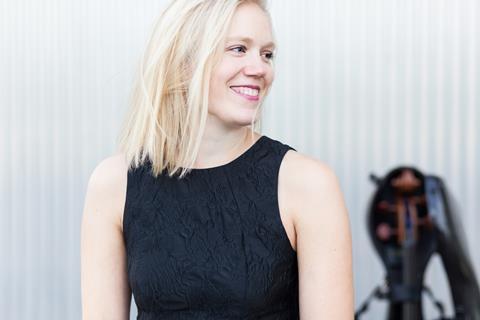Cellist and teacher Ragnhild Sannes shares her experience teaching adult cellists and how the question of being too late to start needs reframing

As a teacher the question I am asked the most is: ‘Is it too late for me?’
There are many adults who long to play the cello, but the idea that it might be too late can sometimes hold them back. I’ve been teaching adults for more than ten years now, and I find them to be a very rewarding group to teach. Not only are they highly motivated, but they are also very interesting people with lots of their own knowledge to add to the process. Many interesting conversations have happened during our lessons, and they continue to open my mind every day.
Learning the cello can be a very demanding process, it is an instrument that demands focus, discipline, lots of practice and attention to detail. I always try to navigate the individual needs of each of my students, in order to give them the best results possible. When teaching adults, it’s important to consider how their bodies work, and how we can best work around any issues they may face. I use my certification in Timani to help them overcome any physical obstacles, and my coaching experience to deal with any mindset issues that might occur. Having this knowledge about the body and mind has helped me create faster results in adult learners. The best part is when they themselves realise that the issue they are facing can be solved with a very simple solution.
The traditional classical music training can certainly be age discriminating. We are trained to think that the younger we start, the better it is. The problem with this is that it leads to other issues, like adult learners who don’t get access to teachers, because their local music school will only teach youths. Or adults who became discouraged by their situation, or teacher, and now struggle with lack of confidence.
I believe everyone is worthy of quality teaching, and I wanted to create some change in this area. So I decided to create my own school, the Online Cello Academy. What started out as a simple online course, has now become a positive, interactive and social community for adult learners from all over the world. It makes my soul happy knowing that I can contribute a little to this group of students, helping them reach their goals.
When doing this kind of work, the question ‘Is it too late for me?’ starts to lose its meaning. Rather what if we rephrased it to: ‘Is this something that will light up my soul?’ Then the discussion becomes much more interesting.
As a teacher I would never discourage anyone from playing, no matter their level. The reason for that is very simple: I don’t want to be the person who robs someone of their gift. I cannot see into their future; I cannot know who is going to be inspired by their playing or whose hearts they will touch. It’s not my job to decide upon anyone’s future, my job is to support them towards their dream.
Choose to do what you love, rather than what might be expected of you. It can be the most rewarding choice that you make in your lifetime.











































No comments yet